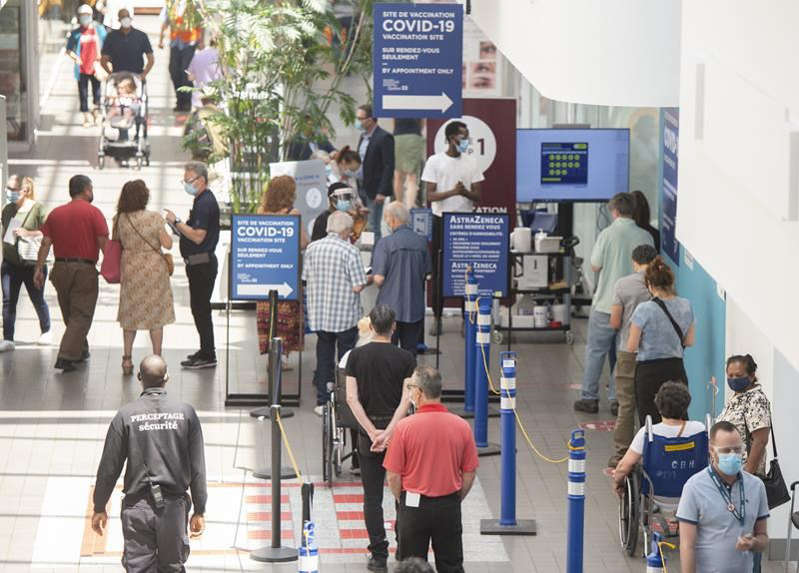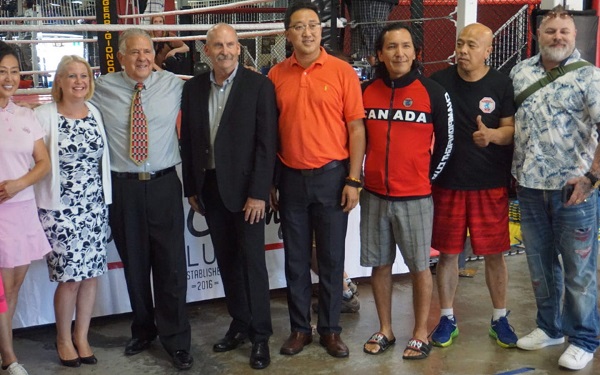Education
Focus in fall should be on getting kids up to speed after covid – Red Deer Public School will not pilot K-6 curriculum

Red Deer Public will not pilot K-6 curriculum
Priority will be on recovery and supporting students
Alberta Education’s release of the DRAFT Kindergarten to Grade 6 curriculum has received significant concerns from a range of stakeholders raising issues with the proposed programs of study.
The new curriculum is over 500 pages long with many of the pages containing outcomes and objectives that are sound, providing the knowledge, skills and perspectives that students need. Some of the pages however, have raised issues, some of them significant, particularly on segments of the Social Studies curriculum. We concur with many of those concerns.
Sharing the issues and concerns of many in our community, as well as across the province, The Board of Trustees voted unanimously to not participate in piloting the new curriculum at their April 14, 2021 meeting.
While the development of a new curriculum framework has been over a decade in the making, we need to ensure we take the time needed to get this right. Ultimately, the curriculum belongs to all Albertans and it should reflect the hopes and aspirations we have for our students who are the future of this province. What will students need in an ever changing world…curriculum fills those needs. The content and way many of us learned in the past is not what today’s students will need to be prepared for the future. Every student needs to be equipped with the knowledge, skills and attitudes that will enable them to create their future.
Our focus will be on recovery… Given the significant challenges we anticipate with what we hope will be a return to school under ‘near normal conditions’ in September, Red Deer Public’s focus for the 2021/22 school year will be on recovery, as it will be with school divisions across the province. We know there will be learning gaps for many students and our priority needs to be addressing those and getting students back on track. We are also mindful of the social and emotional challenges many students and families have faced during the pandemic, so we need to prioritize mental wellness as well. With competing priorities, including curriculum implementation, we need to focus on our most important work and make the best choice for students. Recovery is our most pressing need and it will be Red Deer Public’s priority for next year.
With that in place, seeing both strengths and weaknesses in the draft curriculum, Red Deer Public wants to provide constructive and meaningful input to make the new curriculum better without officially piloting the new curriculum.
Our teachers will play a key role…Work will still take place with our teachers from Kindergarten to Grade 6, as well as division and school leadership, to inform our decisions and provide constructive feedback. That work will take time and will be done through a detailed and authentic look at the curriculum’s content as well as how teachers will be able to deliver the outcomes. That process will not involve Red Deer Public students.
Given province-wide concerns with the new curriculum, we encourage Alberta Education to be flexible in piloting the new curriculum and request that they welcome and listen to feedback beyond pilot jurisdictions in order to improve the curriculum. Where we can provide input on elements of the program, Red Deer Public is ready to make meaningful contributions.
During the 2021/22 school year we will still need to engage our teachers in preparing for a new curriculum for when it is officially implemented. We will do this through detailed analysis of the content, professional development and collaboration to be well prepared for whatever direction the new curriculum takes so we can do our best for students.
We must also remember that this is only half of the new curriculum, work is also underway developing curriculum for Grades 7 to 12. To begin with, we need to ensure the K to 6 curriculum is sound as it lays the foundation for future grades. Alberta Education needs to take lessons learned from the current process to ensure that middle and high school curriculum is the best it can be and reflects the expectations of Albertans.
Whether it is this or past governments, politics seems to influence the process. Albertans must have confidence in the curriculum development process. We feel it would be beneficial for this to be an independent process that engages the best minds and takes a broad perspective on what critical skills and knowledge all students will need to succeed. This in turn will allow Alberta to be the best it can be for years to come. There has to be a way for curriculum to be developed around sound and shared principles.
In the meantime, the Government of Alberta is seeking input on the draft curriculum, and we urge our parents and community to take the time to review and understand the curriculum first and then share their perspectives. Teachers will be providing input from the classroom perspective, however, all perspectives are vital as part of the curriculum review process.
This new curriculum is important as it will impact teaching and learning for years to come. It needs to set students up for success, so now is the opportunity to make sure we get it right for all of our students.
Nicole Buchanan, Board Chair
Chad Erickson, Superintendent of Schools
Alberta
Parents in every province—not just Alberta—deserve as much school choice as possible
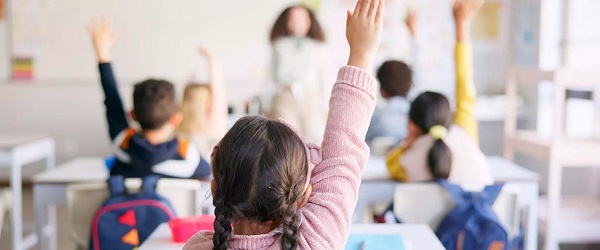
From the Fraser Institute
Not only does Alberta have a fully funded separate (Catholic) school system, it also provides between 60 and 70 per cent operational funding to accredited independent schools. In addition, Alberta is the only province in Canada to allow fully funded charter schools. And Alberta subsidizes homeschooling parents.
This week, the Smith government in Alberta will likely pass Bill 27, which requires schools to get signed permission from parents or guardians prior to any lessons on human sexuality, gender identity or sexual orientation.
It’s a sensible move. The government is proactively ensuring that students are in these classes because their parents want them there. Given the sensitive nature of these topics, for everyone’s sake it makes sense to ensure parental buy-in at the outset.
Unfortunately, many school trustees don’t agree. A recent resolution passed by the Alberta School Boards Association (ASBA) calls on the Smith government to maintain the status quo where parents are assumed to have opted in to these lessons unless they contact the school and opt their children out. Apparently, the ASBA thinks parents can’t be trusted to make the right decisions for their children on this issue.
This ASBA resolution is, in fact, a good example of the reflexive opposition by government school trustees to parental rights. They don’t want parents to take control of their children’s education, especially in sensitive areas. Fortunately, the Alberta government rebuffed ASBA’s demands and this attempt to abolish Bill 27 will likely fall on deaf ears.
However, there’s an even better safeguard available to Alberta parents—school choice. Out of all Canadian provinces, Alberta offers the most school choice. Not only does Alberta have a fully funded separate (Catholic) school system, it also provides between 60 and 70 per cent operational funding to accredited independent schools. In addition, Alberta is the only province in Canada to allow fully funded charter schools. And Alberta subsidizes homeschooling parents. Simply put, parents who are dissatisfied with the government school system have plenty of options—more than parents in any other province. This means Alberta parents can vote with their feet.
Things are quite different in other parts of the country. For example, Ontario and the four Atlantic provinces do not allow any provincial funding to follow students to independent schools. In other words, parents in these provinces who choose an independent school must pay the full cost themselves—while still paying taxes that fund government schools. And no province other than Alberta allows charter schools.
This is why it’s important to give parents as much school choice as possible. Given the tendency of government school boards to remove choices from parents, it’s important that all parents, including those with limited means, have other options available for their children.
Imagine if the owners of a large grocery store tried to impose their dietary preferences by removing all meat products and telling customers that the only way they could purchase meat is to make a special order. What would happen in that scenario? It depends on what other options are available. If this was the only grocery store in the community, customers would have no choice but to comply. However, if there were other stores, customers could simply shop elsewhere. Choice empowers people and limits the ability of one company to limit the choices of people who live in the community.
Think of government school boards as a monopolistic service provider like a grocery store. They often do everything possible to prevent parents from going anywhere else for their children’s education. Trusting them to do what’s best for parents and children is like assuming that the owners of a grocery store would always put the interests of their customers first and not their own self-interest. Monopolies are bad in the private sector and they’re bad in the education sector, too.
Clearly, it makes sense to require schools to get proactive consent from parents. This ensures maximum buy-in from parents for whatever courses their children take. It’s also important that Alberta remains a bastion of school choice. By making it easier for parents to choose from a variety of education options, Alberta puts power in the hands of parents, exactly where it belongs. Parents in other provinces should want that same power, too.
Alberta
Province investing in support for financial literacy in schools
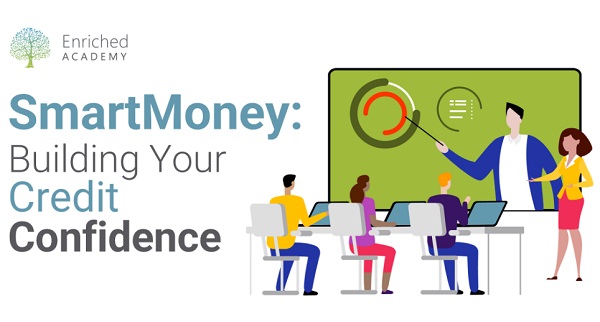
Financial literacy prepares students for their futures
Students across Alberta will build the fundamental life skills they need to grow into adulthood through support for financial literacy programming.
Saving, budgeting, investing and the ability to make wise financial decisions are fundamental life skills Alberta’s youth need to develop as they grow into adulthood. Alberta’s government is ensuring that students have every opportunity to develop these fundamental life skills by integrating financial literacy into the K-12 curriculum and providing grant funding to three Canadian organizations to offer dedicated financial learning resources for students and teachers.
“We are proud to support financial literacy programming for students. Our on-going support for financial literacy education will help young Albertans navigate their futures with confidence by helping them build the fundamental life skills they need to prosper and secure their futures in today’s fast-moving world.”
In May 2022, Alberta’s government invested $5 million over three years into financial literacy programming to ensure students have the financial knowledge they need to thrive in life. Enriched Academy receives $900,000 per year and the Canadian Foundation for Economic Education receives $500,000 per year to provide students in grades 5 to 12 with financial literacy programming, aligned with the curriculum, to improve their financial knowledge. In addition, Junior Achievement receives $250,000 per year to provide hands-on, experiential financial literacy, work readiness and entrepreneurship education to students in kindergarten to Grade 6.
“Our support for financial literacy programming will set Alberta’s youth up for success. This programming will ensure that Alberta’s youth develop the fundamental life skills they need to manage their personal finances, make sound financial decisions, and grow into adulthood with confidence.”
Free financial literacy webinar
Some of the funding provided will support Enriched Academy hosting a free live webinar for grades 4 to 12 students and teachers on Tuesday, November 26, as part of their financial literacy programming. The webinar will teach students how to build their credit with confidence and will feature an interactive gameshow format to engage and motivate students to learn how credit works and how to manage credit and their personal finances with confidence. Students and teachers who are interested in participating can register for the webinar online.
“Our partnership with the Government of Alberta has enabled us to deliver transformational financial literacy education to nearly six hundred thousand students across the province. As a high school teacher, I’ve witnessed firsthand how financial literacy education empowers students, increasing their confidence in money management and preparing them to be financially responsible. Investments in financial literacy are investments in our students’ futures, and I’m already seeing it pay dividends for Alberta students.”
Teachers can also access lesson plans, activities, and interactive tools from all three organizations’ websites to support financial literacy learning outcomes in Alberta’s curriculum.
Quick facts
- Financial literacy programming offered by the three organizations reaches more than 350,000 students annually.
- Alberta’s renewed K-6 curriculum includes an increased emphasis on financial literacy skills, as well as a stronger foundation in financial literacy in all grades.
Related information
-

 conflict1 day ago
conflict1 day agoTrump has started negotiations to end the war in Ukraine
-
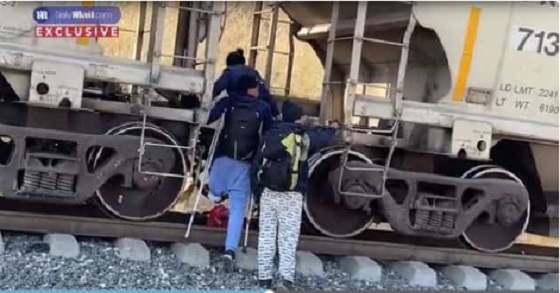
 illegal immigration2 days ago
illegal immigration2 days agoDelusional Rumour Driving Some Migrants in Mexico to Reach US Border
-
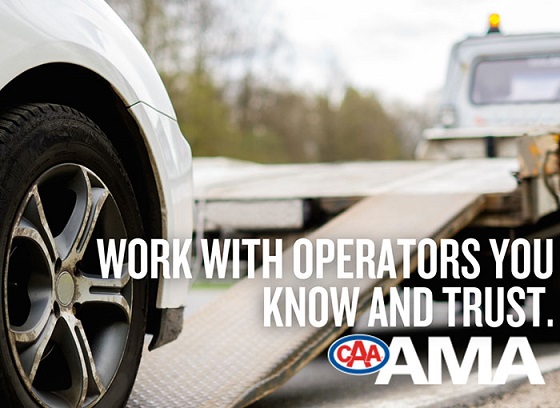
 Alberta2 days ago
Alberta2 days agoYour towing rights! AMA unveils measures to help fight predatory towing
-
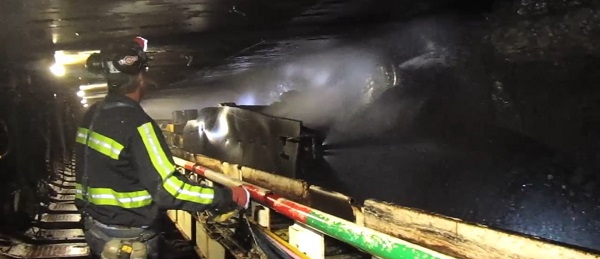
 Energy2 days ago
Energy2 days agoDig, Baby, Dig: Making Coal Great Again. A Convincing Case for Coal
-

 Business1 day ago
Business1 day agoFiscal update reveals extent of federal government mismanagement
-

 Frontier Centre for Public Policy2 days ago
Frontier Centre for Public Policy2 days agoFalse Claims, Real Consequences: The ICC Referrals That Damaged Canada’s Reputation
-

 Economy1 day ago
Economy1 day agoThe White Pill: Big Government Can Be Defeated (Just Ask the Soviet Union)
-

 Housing1 day ago
Housing1 day agoTrudeau loses another cabinet member as Housing Minister Sean Fraser resigns




